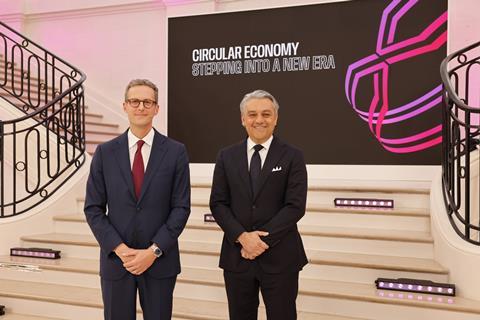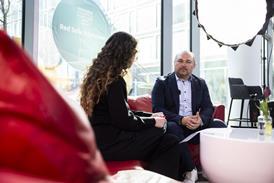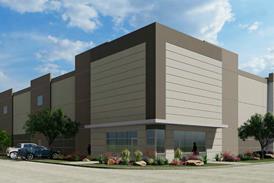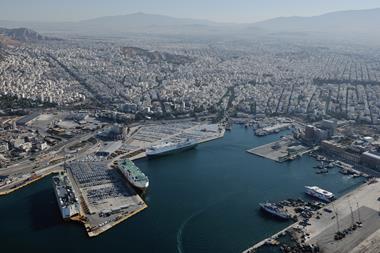The Future Is Neutral is a newly-formed entity separate to but invested in by the Renault Group and partners, aiming to completely recycle every element of vehicles. Working directly on recycling using current technologies, it will also research new methods to grow a €2.3 billion ($2.26m) cumulative turnover.

Renault Group is expanding its sustainability efforts with a newly-formed, separate entity that it is investing into and working with partners to expand.
Comprised of the Group’s subsidiaries Gaia, Indra and Boone Comenor, as well as working with Refactory on extending engine, gearbox and mechatronic parts life, The Future Is Neutral is intended to go beyond Renault’s own operations across the wider automotive sector.
According to EU legislation at end of car’s life 85% of its weight must be recycled. However, according to the Renault Group’s, only 10-20% of newly built cars are made using recycled material. Although up to 25% of the steel used in cars is from recycling, very little or what is taken from scrapped chassis finds its way back into the automotive manufacturing process. In particular, most polymers, foams and plastics are at best ‘down-cycled’ into lower-grade products.
Of the three initial subsidiaries forming The Future Is Neutral, Indra recovers end-of-life vehicles from impounds and scrappage, and consults on how best to dispose of the chassis and parts.
Gaïa is a battery and metals specialist As well as recovering important materials such as copper and polypropylene, Gaïa has an advanced battery recovery centre for repairing cells and refurbishing EV battery packs to extend their lives. Its view is that 99% of batteries are repairable to an automotive standard. However, in those cases where a good enough performance cannot be achieved, batteries are moved on to a ‘second life’ role in storage.
Boone Comenor is an industrial metal waste specialist handler and works across four continents, with 15 established plants to process automotive, aerospace, railways, foundries and steel manufacturers for collection, sorting and recovery of metals.
Alongside the three main partners, The Future Is Neutral will also work with Refactory, on its Re-Cycle programme to renovate gear boxes and combustion engines and create a pool of reusable or longer-maintained parts. A significant part of the programme focuses on extending the life of parts, including mechatronics.
Proposed legislation in the EU, where the Renault Group is based, is set to enforce stringent recycling requirements and supply chain transparency for lithium-ion batteries. Material recovery expectations from batteries are set to be 90% for cobalt, nickel and copper by 2025, and 35% for lithium by then, with an ambition to rise to 95% of cobalt, nickel and copper and 70% of lithium by 2030.
A minimum of how much new battery content is recycled is set to be introduced by 2025, with mandatory levels expected by 2030 and increased by 2035. The carbon footprint of a battery will also have to be declared and supply chains made more visible, similar to the Inflation Reduction Act in the US.
Renault Group’s aim with The Future Is Neutral is that the portfolio of businesses under it reach a €2.3 billion turnover, with an operating margin of 10% or higher, from an investment of roughly €500m until 2030.
Jean-Philippe Bahuaud has been appointed CEO of the newly-formed entity. He said: “In the automotive sector, the first under-exploited resource is the car itself, which is made up of more than 85% of metals and plastics. The Future Is Neutral brings together the expertise to convert this potential into new growth levers. This new entity aims to push the automotive industry towards resource neutrality, extracting from each vehicle the largest possible amount of material needed to manufacture a new model.”
That was reinforced by Renault Group CEO Luca de Meo, who said that The Future Is Neutral’s mission is “to grow its business with ambitious strategic plans and new outlets by offering the automotive industry, faced with the climate challenge, new regulatory requirements and increasing pressure on resources, closed-loop recycling solutions, i.e. from car to car. Our ambition is to bring recycling into a new era and become the European leader in the automotive circular economy.”

























![Global[1]](https://d3n5uof8vony13.cloudfront.net/Pictures/web/a/d/s/global1_726550.svgz)














No comments yet